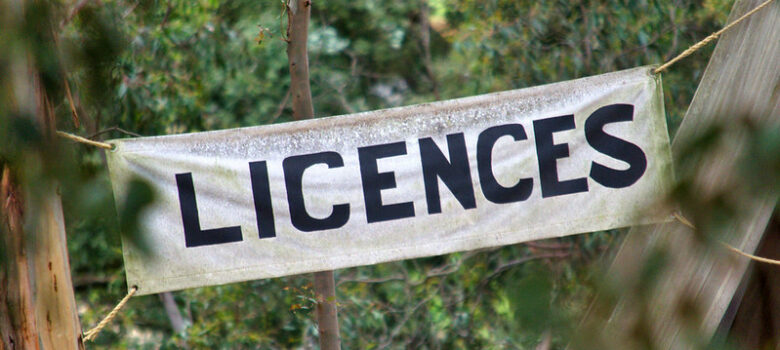Canadian copyright lobby groups have repeatedly tried to convince the government that the 2012 copyright reforms and Supreme Court fair dealing jurisprudence created a free-for-all in which education refuses to pay licence fees due to their reliance on fair dealing. The data from yesterday’s post on massive shift to site licences tells a different story, namely that Canadian educational institutions spend hundreds of millions annually on licences that provide both access works and the flexibility to use them in a myriad of ways. My Fair Dealing Week series on Canadian copyright, fair dealing and education (Setting the Record Straight) continues with another type of licence that has grown in importance in recent years: the pay-per-use or transactional licence. These licences, which grant access to, and use of, individual works, demonstrate that lobby group claims bear little relationship to reality. Indeed, if the lobby groups were right about unlimited uncompensated copying, why would education still spend millions a pay-per-use licences? They obviously wouldn’t, but since fair dealing represents a fair approach to both creators and users, education recognizes that fair dealing does not lead to the complete elimination of licensed copying.
Transactional or pay-per-use licences refer to licences for specific uses that are not covered by fair dealing or other licensing arrangements. The transactional licencing system generates millions in revenue for publishers and authors. Universities are frequent users of this system to ensure that they can use materials in a way that meets their needs, while also ensuring compliance with copyright law. The issue arose during the 2018 copyright review hearings with numerous examples of significant spending on these licences. More recent data includes:
- In 2020/21, Toronto Metropolitan University spent $250,648 on pay-per-use licences only
- Mount Saint Vincent University spends approximately $25,000 on transactional licences, including streaming and copyright permissions, from individual copyright owners.
- McGill University reports that the number of items that required a Copibec transactional license increased 337.5% between 2017 and 2022.
- The University of British Columbia’s Scholarly Communications and Copyright Office (SCCO) reports that it spent $267,369.94 on transactional licences and other licences.
The use of transactional licences within the educations sector is important for a several reasons. First, it demonstrates that allegations educational institutions treat fair dealing as “free dealing” are untrue. In fact, institutions spend millions on transactional licences precisely because they acknowledge there are reasonable limits to fair dealing.
Second, while copyright collectives such as Access Copyright and Copibec often state that their licences provide an easy, single solution for educational copying, the reality is that there is significant limitations with their licences. In fact, some institutions are paying for transactional licences on top of a collective licence just to ensure that their copying needs are met and they are legally compliant.
Third, transactional licences are more effective than collective licences in directly compensating creators and publishers. While the Access Copyright licence involves guesswork to discern the compensation provider to an individual creator, largely due their exclusion of digital materials and works older than 20 years, transactional licences pay for the use of a specific work regardless of the format or age.
Fourth, Access Copyright maintains resistant to providing transactional licensing options, even though these licences are clearly filling an important need for universities. When collective licences and fair dealing does not cover an institution’s usage needs, colleges and universities are turning directly to publishers and others granting these types of licences. In many cases, this means looking to providers outside of Canada, such as the Copyright Clearance Center (CCC) in the United States. When Canadian institutions are purchasing transactional licences in the U.S., the royalties collected are remitted back to Access Copyright. Despite the success of transactional licences and the willingness of institutions to spend on this licensing option, Access Copyright remains reluctant to support the licensing model, providing yet another example of its mistaken view that only its licence counts when it comes to clearing copyright rights. The data from transactional licensing – which generates millions in revenues – demonstrates another option that sits alongside Canada’s fair dealing rules.










